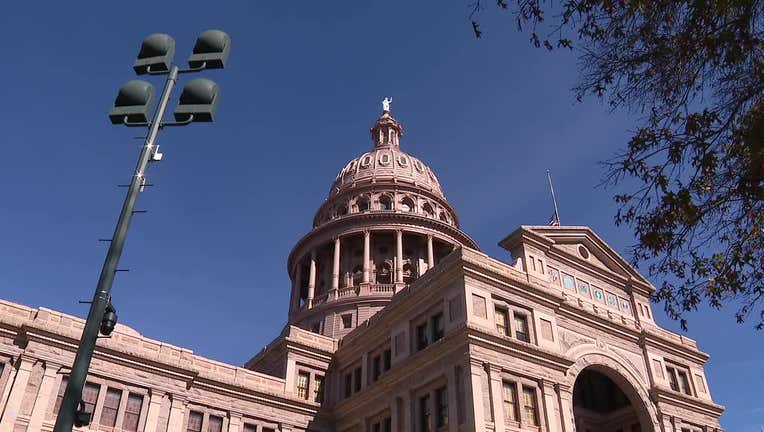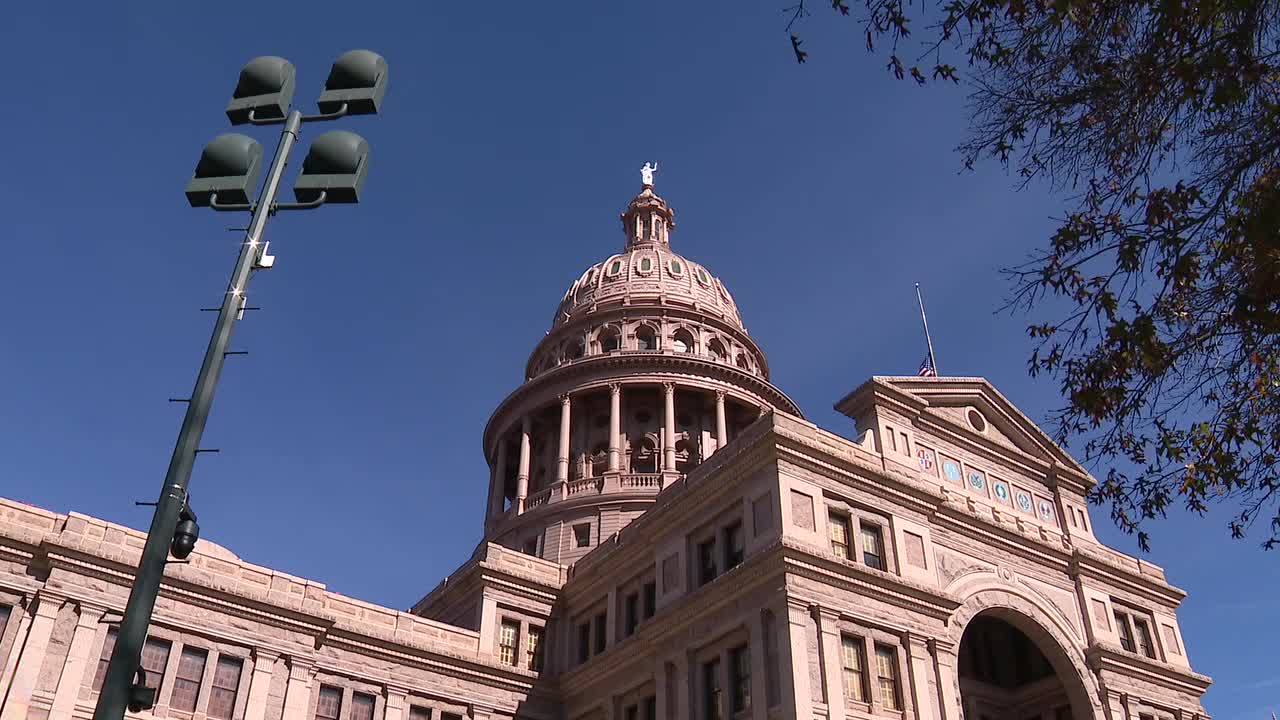 article
article
DALLAS – A lawsuit filed by a nonprofit on behalf of Dallas taxpayers claims that over 130 city ordinances are out of line with a 2023 state law dubbed the “Death Star Bill.”
The bill in question was upheld by a Texas appeals court on Friday, and the litigants were quick to move on the now redundant city ordinances.
Dallas sued under Death Star Bill
The lawsuit:
The lawsuit was filed on Wednesday by the Texas Public Policy Foundation (TPPF) on behalf of Haley Kyles, Daniel Rodriguez and Tamara Brown, who claim to have been “injured” by the “unlawful” enforcement of 133 Dallas ordinances.
This damage was caused by the use of taxpayer money to enforce ordinances that are preempted by state law, the lawsuit claims. According to the document, the list of 133 ordinances was drawn generally from a memorandum presented in 2023 by Dallas to Rep. Rafael Anchia while the “Death Star Bill” was in discussion.
The city is said to have presented these ordinances at the time as those that would be preempted by the bill if it were to pass. The bill was passed and signed by Gov. Greg Abbot in 2023. Therefore, the suit says, the use of tax dollars to enforce the ordinances the city already admitted would be preempted by state law is illegal.
‘Preempted’ Dallas ordinances
The ordinances listed in the lawsuit are related only by their redundancy with state legislation.
Dallas City Charter, chapter XIII, section 5, is the first item listed. This ordinance assures “additional compensation for continuous service as is provided by the laws of the State of Texas” for firefighters and other fire department personnel.
The second item, chapter XIV, section 5, assures that “every public service franchise holder shall furnish and provide equal and uniform service alike to all persons, firms, corporations, and other business entities in the City of Dallas.”
The examples go on: the entirety of chapter six of the Dallas City Code, which lays out licensing and usage for amusement centers; chapter 12B, relating to convenience store safety and registration; chapter 18, article II, section 18-17, requiring the city to remove weeds when a property owner fails to.
What they’re saying:
“All Texans deserve the freedom to live and work without being micromanaged by their city government,” said TPPF senior attorney Matthew Chiarizio. “The Texas Regulatory Consistency Act was passed to stop exactly this kind of local overreach—and TPPF stands ready to defend Texans’ liberty when cities like Dallas refuse to follow the law.”
“Wasteful and illegal spending like what is in these ordinances flushes millions of dollars of Dallas taxpayers’ money down the drain, leading to higher property taxes,” TPPF attorney Nathan Seltzer added. “Dallas taxpayers are simply demanding accountability from their government.”
What is the ‘Death Star Bill?’
The backstory:
The reason enforcing these ordinances may be considered a waste of tax dollars is House Bill 2127, better known as the “Death Star Bill,” which passed in 2023.
The bill prohibits a municipality or county from adopting, enforcing, or maintaining a law going against certain Texas state codes. The bill’s text says it is meant to “provide statewide consistency by returning sovereign regulatory powers to the state where those powers belong in accordance with Section 5, Article XI, Texas Constitution.”
Critics at the time feared that the bill would prevent the adoption of local solutions to local problems.
‘Death Star Bill’ upheld by appeals court
Dig deeper:
On Friday, July 18, a joint suit from the cities of El Paso, Houston and San Antonio, which had been judged favorably in a Travis County court just before the law took effect, was dismissed by a higher court of law.
The Travis County judge declared the law unconstitutional, but did not issue an accompanying injunction that would have rendered it ineffective.
Texas appealed that ruling to the Texas Third District Court of Appeals, which issued its opinion on Friday.
“No amount of repleading will show that the State of Texas is a proper defendant. Therefore, we hold that the Cities’ live pleadings affirmatively negate the Cities’ standing to sue,” the opinion says. “We reverse the trial court’s final judgment and dismiss the Cities’ claims without prejudice for lack of subject-matter jurisdiction.”
What’s next:
The lawsuit against Dallas asks that the city repeal or amend the 133 ordinances to conform to HB 2127.
If Dallas does not comply with the request, the suit says the litigants will seek “declaratory and injunctive relief and costs and reasonable attorneys’ fees.”
The Source: Information in this report came from public filings and previous FOX coverage.
